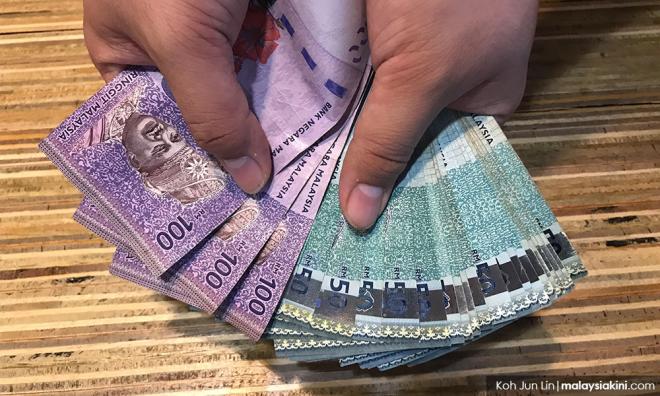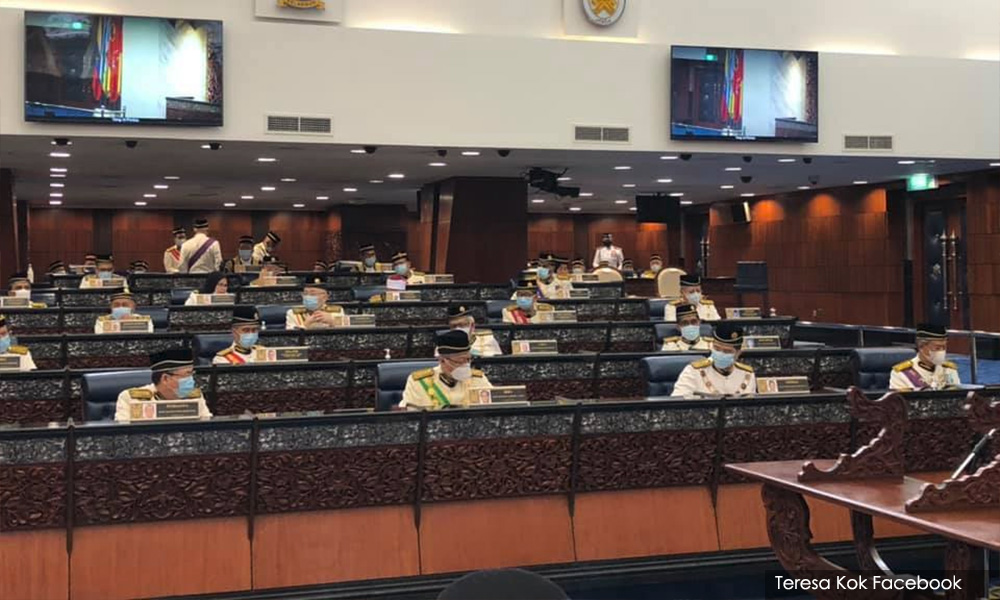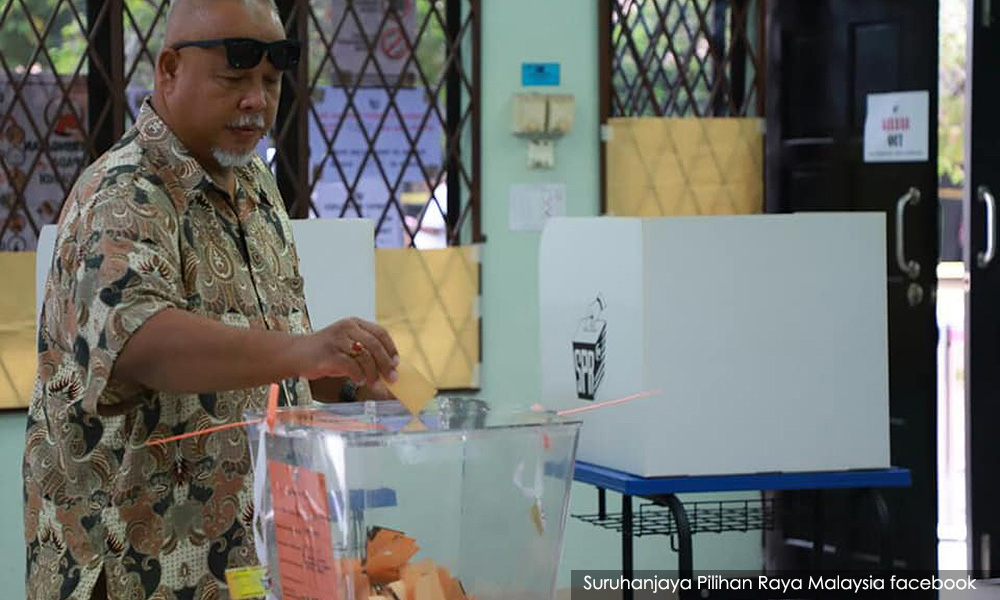
The governing philosophy of former prime minister Najib Abdul Razak was “cash is king”. This means that most problems of governance and politics could be solved by money. If you want people to vote for you, give them free money; if you want Members of Parliament (MPs) to support you, give them free money.
In Prime Minister Muhyiddin Yassin’s government-of-slim-majority, he needs enough "payroll MPs" on his side so that he can still hold on to the top post. He does this by offering a second salary – as ministers, deputy ministers, government-linked company chairpersons or foreign mission appointees.
Both Najib and Muhyiddin believed this philosophy because it is the easiest. You do not have to spend time reconciling ideological differences with other MPs, nor do you have to seek consensus on ideas and policies. You just have to ask them what their price is – and sadly, everyone has a price if you go high enough.
Malaysian politics is now morally vacant. The question is not who can or cannot be bought, but “how much?”
By infusing a market-based logic of commercialising politics and governance – by making MPs for sale – the people are given a deal that is corrupt, unfair and prone to producing more and more incompetent politicians.
Are there some things that money cannot and should not buy?
1. Corruption: MPs are not for sale
In his book What Money Can’t Buy: The Moral Limits of Market, Harvard professor Michael Sandel argued that there is a corrosive tendency of the market to corrupt our societal and political values. We cannot simply put a price on something we care for. By making MPs mere commodities that could be instruments of profit and use, we erode the integrity of politics.
Just like how it is morally abhorrent to buy a place at a prestigious university, or how morally despicable it is to deregulate campaign finance laws that could virtually permit the buying and selling of votes and elections - we should not allow politicians to buy and sell MPs.

The moral meaning behind the role of MPs is to act in the public's interest and serve the people who had voted for them. MPs are supposed to make their case based on their ideas and convictions, and through persuasion and consent, win the hearts and minds of the people. The proper channel of eliciting the people’s support in a democracy is through an election.
The role of MPs is not to make money for their private gain. It is not to search for public positions that could give them a second, third, or fourth salary, or to seek any other method to enrich their financial or political standing in society.
Just because something has not violated the law does not mean that it is ethically acceptable to society.
At the heart of it, politics is a service to the people. Its public nature requires politicians to empty themselves of self-interest. A clean, honest and transparent politician is not an ideal but a necessity.
Using money to decide how a politician should act is antithetical to what politics should be. And if most Malaysians think this is how it ought to be, then this is our collective norm. The buying and selling of MPs' support is a direct corruption of our norm and an assault to our democracy.
2. Unfair to rakyat: Only the rich and powerful matter now
Second, putting MPs for sale is unfair to the people. The reason why Muhyiddin’s government was deemed "illegitimate" was that the change of government bypassed the wishes of the people.
This was made possible because of money – there was enough money, and there were enough people who were willing to do things for money.
What this means to our country is that, in the future, the votes from the non-rich and non-powerful people from the ballot box are not important. These votes only have temporal and artificial importance, since the rich and powerful can control the outcome after that.
The people do not have an RM150,000 a month government-linked company (GLC) post to make sure MPs push forward reform agendas favourable to the people. We only have a piece of paper called a “ballot”.

Instead, the rich and powerful who can offer MPs multiple salaries, limitless allowances, drivers, personal assistants, insurance, subsidies and others are more likely to be the masters MPs listen to.
Clearly, by allowing money to decide who governs – what policy to implement, who to implement them, whom the policy benefits – makes it unfair to the people who voted for what they want.
3. Money cannot buy politics: Producing more bad politicians
We will have more and more incompetent politicians if we allow money to replace other factors as the main incentive for joining politics. By the time you offer an MP to be a GLC chairperson, you already know that you are not using this post to secure quality – you are compromising quality for their political support.
Not only were most political appointments to GLCs unfit for the demands of the job, but they will also likely now underperform as a politician because their incentives have changed.
If MPs are sincere about serving the people, on top of their current role, then civic-minded and public-spirited projects fit better, not profit-driven GLCs where the highlight is its exorbitant salary and specific industry experience that MPs lack.
The political philosopher Jean-Jacques Rousseau anticipated this centuries ago. He said that as soon as people would rather serve money than their common citizens, the country is not far from its fall.
When I see how comfortable our MPs are with offers and counter-offers in a parade of parliamentary numbers, I witness how much we have come to worship money. We have replaced civic duties, public interest, and moral responsibilities as honourable citizens with money.
There are some things that “cash is king” shouldn’t encroach. Politics should be one of them.
JAMES CHAI is a legal consultant and researcher working for Invoke, among others. You may reach him at jameschai.mpuk@gmail.com. - Mkini



No comments:
Post a Comment
Note: Only a member of this blog may post a comment.